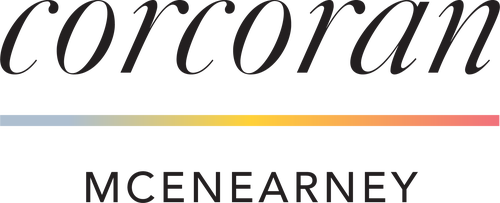The pandemic has had a significant impact on the residential mortgage industry. At the beginning of the public health crisis investors in mortgage-backed securities stopped purchasing the instruments which caused a liquidity shortage and a spike in the rates available to consumers. The Federal Reserve quickly stepped in and began purchasing Fannie Mae and Freddie Mac issuances, stabilizing the market and easing rates. Underwriting standards involving employment, income, liquid reserves, and credit scores were tightened by Fannie, Freddie, and jumbo loan providers. Some lenders in the jumbo space chose to stop making those type of loans until the economic impact of the pandemic was understood.
By late April 2020, conforming interest rates had dropped to the low three percentiles and the volume of refinance applications had reached record levels. Interest rates dropped further into the two percentiles and volume further increased. Lenders who had been able to turn purchase and refinance transactions in thirty days or less, found those processing times significantly slowed. Atlantic Coast Mortgage generally requested thirty days for purchase transactions and fifty-five days for refinances. Some lenders in the industry were slowed to as long as sixty days for their purchases and six months for their refinance transactions!
The record mortgage application volume continued throughout the year as rates dropped into the two percentiles and the nation experienced a robust residential purchase market. By late spring of 2021, the economy appeared to be stable and on the verge of beginning to expand. Interest rates moved higher which slowed the rate of refinance applications and provided some relief to the mortgage industry which had been operating at unprecedented levels for one full year.
This summer has seen rates for Fannie and Freddie conforming loans drop back into the upper two percentiles. Currently the maximum conforming loan amount is $548,250 across most of the country. In the Washington metro area, the maximum conforming loan amount is $822,375. As refinance applications have moderated, turn times for some lenders have returned to thirty days or less, and some of the tighter underwriting standards imposed last year have begun to be lifted.
One aspect of residential lending which has seen multiple changes has to do with property appraisals. At the start of the pandemic, appraisal requirements in many cases were modified to allow for exterior only inspections or “drive-by” appraisals. Now, in those cases where an appraisal is required, most lenders are requiring full appraisals with interior inspections. More and more, however, property inspection waivers (PIW) are being provided in the Fannie and Freddie automatic underwriting decisions. Both agencies are building their own property valuation data bases and based on the other strengths of the proposed loans, they are often not requiring any type of appraisal or inspection of the property.
Another change the industry recently experienced has to do with the maximum percentage of nonowner-occupied property loans which may be included in Fannie and Freddie securities. The new limits have had the impact of significantly increasing the rate and point structure on those types of loans.
As the economy heats up, increasing concerns of inflation, there is the possibility, if not likelihood, that mortgage interest rates will increase. But with rates still generally in the high two percentiles, even an increase of one full point generally keeps rates at very good historic levels for the balance of the year.
 Brian Bonnet | Senior Loan Office (NMLS ID#224811)
Brian Bonnet | Senior Loan Office (NMLS ID#224811)
Atlantic Coast Mortgage, LLC (NMLS ID#643114)
e: bbonnet@acmllc.com | t: 703-766-6702
A lifelong resident of Northern Virginia, Brian brings twenty-five years of lending experience to the group. After graduating from The Citadel and serving as a Naval Officer, Brian transitioned to the United States Senate Veteran’s Affairs Committee where he served as a Professional Staff Member and had the responsibility of overseeing the VA Loan Guaranty program. After leaving Capitol Hill and the political world, Brian entered the mortgage banking industry. Keeping abreast of the myriad changes in the lending industry over the years has given Brian a unique perspective and the ability to successfully serve his clients regardless of the current market conditions. With his extensive knowledge about the VA and its loan guaranty program, Brian is widely recognized as a specialist in VA financing. He enjoys sharing his knowledge and experience with others and is certified to teach Financing Continuing Education in Virginia, DC, and Maryland.

 Facebook
Facebook
 X
X
 Pinterest
Pinterest
 Copy Link
Copy Link






